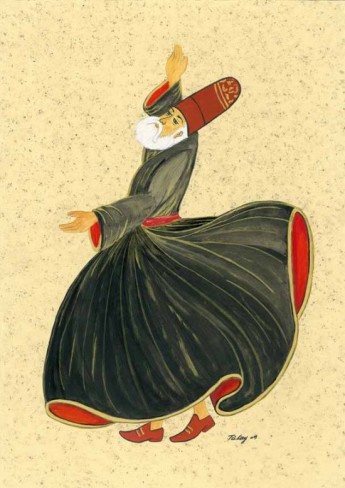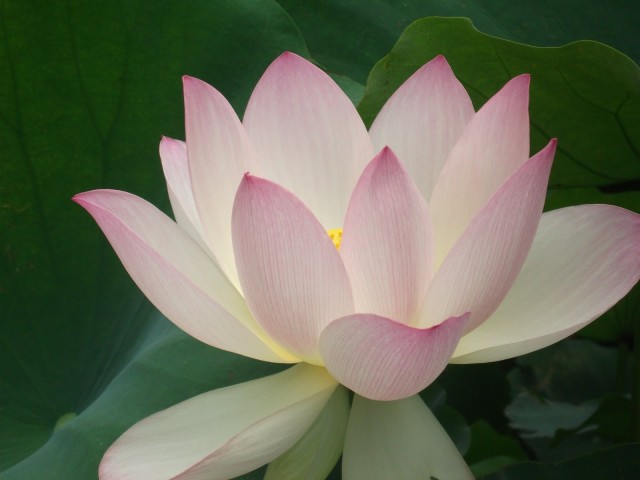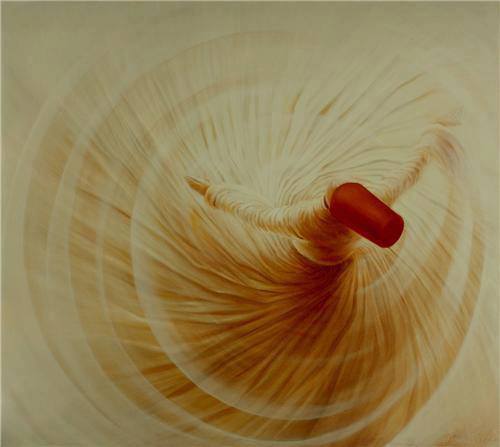If ever you have searched for brainy/ love/ wisdom/ silence/ love/ prayer/ beautiful/ love/ wisdom quotes, you would have been stunned at least once while reading quotes by Jalaludin Rumi or simply Rumi. A simple twitter search will prove that his magical wordplay is renowned across the world and inspires millions of people. The question is, who was Rumi? Some people may vaguely call him as a saint or a poet or a Sufi. He was all this and much more.
Jalāl ad-Dīn Muhammad Rūmī was the greatest mystic poet the world has ever seen. He was a phenomenon that shaped the cultural, literary and most significantly the spiritual identity of Central Asia’s civilizations for more than 7 centuries. He has been recognized both by the Western and the Eastern historians as the most influential Muslim, second only to Prophet Mohammad himself. From Tajikistan to Iran he is known as as ‘Mevlana’ or ’the master of the masters’. His works, approximately 70,000 poetic verses composed originally in Persian language within a span of twenty-five years has influenced literary craft of Urdu, Turkish, Punjabi and Pashtun. These thousands of poems, which include about 2000 in quatrains, are collected in two epic books named, Divan-e Shams-e Tabrizi and Massnavi. These poems appeal to human emotions, heart and deeply ingrained instincts rather than to the intellect and that’s why they have a universal appeal.
His works will help you unravel depths of your own conscious layer by layer. One ghazal or even a quartet can leave you contemplating for hours and as the realization of his meaning is unveiled, you might find yourself to be a positively changed being.
He brought passion and love and a degree of sensuality to the practice of religion. His quote “Everything you so, do it with Love” surmises his perspective towards life, towards Almighty, towards beauty and the very nature of existence. Sometimes, you won’t be able to distinguish whether he is referring to his lost love or worshipping his diety. His quartets despite losing their musical quality due to translation ultimately form a powerfully compelling imagery in one’s head. “You left and I cried tears of blood. My sorrow grows. Its not just that You left. But when You left my eyes went with You. Now, how will I cry?”
He invented the meditation art form of Sema ceremony which involved whirling on a verticular axis and his followers to this date are called as ‘whirling dervishes’. The meditator goes on whirling for hours on a set rhythmic pattern — as long as the body allows him; he does not stop on his own. When whirling a moment comes that he sees himself utterly still and silent, a center of the cyclone. Around the center the body is moving, but there is a space which remains unmoved; that is his being. This is the principle behind such strenuous meditation.
In a discourse explaining the need for undermining dogmas and customary rituals in religious practices emphasized that true worship can only happen through a blissful heart filled with gratitude.
“One who thought the heart belonged in the chest
Took three or four steps and thought he’d reached home.
Prayer rug and beads, abstinence and ritual
Are a step on the path. He thought they were the goal.”
In today world has been compartmentalized on the basis of faith and religion. The Islamic world is seething with hatred and intolerance towards heterogeneity of beliefs and form of worship. Sunnis are at war with Shias, Kurds, Catholics, Jews and about everyone else who defer with their worldview. And sadly, such conflicts have ravaged the lives of Indian diaspora as well across the centuries and still continue to do so through hate propogating campaigns and religious propaganda. Not just the politicians or the spiritual leaders are to be blamed, its we the people who listen to them and raise them to the position of leaders are the ones with which major fault lies.
Rumi wished his disciples not to categorize him as a Muslim, a Jew, a Hindu or a Christian through he practiced Islam to the book throughout his life. Through Rumi we can all rediscover the meaning of religiosity and tolerance and above all love. How to fall in love with existence, to love deeply without boundations, conditions and expectations? His way of the Sufis celebrated life, devised a way to divinity through ecstasy. Come, I implore you to discover your passion, anything that you love to do for no reason other than the fact that you love it and thus, your inner universe of euphoric bliss, for Rumi very wisely said ‘Let the beauty we love be what we do’.
And if ever you get a chance to retrace the magnificence of Rumi’s life and works
here’s a hyperlink provided to some of translated works of Rumi from some of his most famous poems that you can access, to embark on your journey of spiritual rejuvenation.
Till then, stay blessed :*)
Picture Credits: Google Images
By Shriya Dargan





































